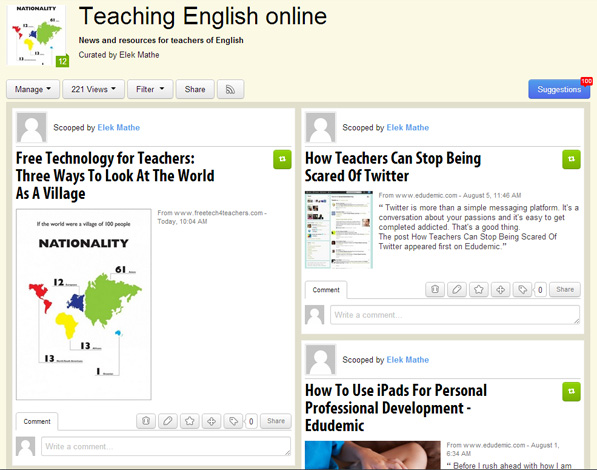Mihály Csíkszentmihályi, world famous psychologist, author of Flow gave a lecture in Budapest on November 7. To begin with, the change of venue didn’t help; most probably this is why it started almost half an hour late, to give people enough time to walk from Kossuth Klub to Uránia mozi. But it didn’t start even then; two speakers greeted the professor first. The second one was especially awkward to have to listen to – kept referring to Csíkszentmihályi as “Mihály”; obviously enjoyed showing off how good friends they are, when in reality most probably they aren’t: his company simply bought the rights to sell courses based on Csíkszentmihályi’s work.
So the great man started his talk over half an hour late, most probably unaware of the fact that the Hungarian organizers advertised his lecture with the title “Flow – kreativitás és tehetséggondozás” (Flow – creativity and nurturing talent), otherwise he would have at least made references to creativity and talent and their connections to flow. He was not the only one with limited information: after the first couple of sentences, quite a few members of the audience left, only to return a bit later, which baffled me until I saw them putting on headphones they had obviously just fetched. It was nowhere mentioned in the ads and posters that the lecture would be in English. Yes, people should have expected it, but I can’t really blame them: a lecture advertised with a Hungarian title, in a lecture series in Hungarian, with a speaker whose completely Hungarian name is written in Hungarian fashion (family name first) – and you get a lecture in English.
Unfortunately, Csíkszentmihályi was left unaware of another important bit of information: people in Hungary had already heard of his concept of flow. Most probably that’s why they came to this event. After the first few minutes of the lecture (when everybody had finally settled down) I thought, OK, this is just the introduction to the topic. But no. This was the whole talk. If you’ve read the blurb on the back cover of Flow or a brief synopsis of any of his numerous lectures on it, you heard nothing new in this lecture. Absolutely zero new information. Towards the end, when looking at one of the charts, I thought maybe – then Csíkszentmihályi said “but this is probably too complicated” and instead of analyzing the data there he went on to the next slide, which turned out to be missing so he finished his lecture a few minutes shy of 40 minutes. My wife Kati noted that the template used for the PowerPoint presentation has been unavailable in Microsoft Office for several years, so these slides must have been rather old. I found a review of a Csíkszentmihályi lecture which seemed almost identical – from 1999.
So, let’s take stock: the event was advertised as “from 10 to 12”. It started almost half an hour late. It ended slightly more than a quarter of an hour early (before 11:45). Csíkszentmihályi talked for less than 40 minutes, saying absolutely nothing new, then answered questions from the audience for about 20 minutes. A total disappointment.




